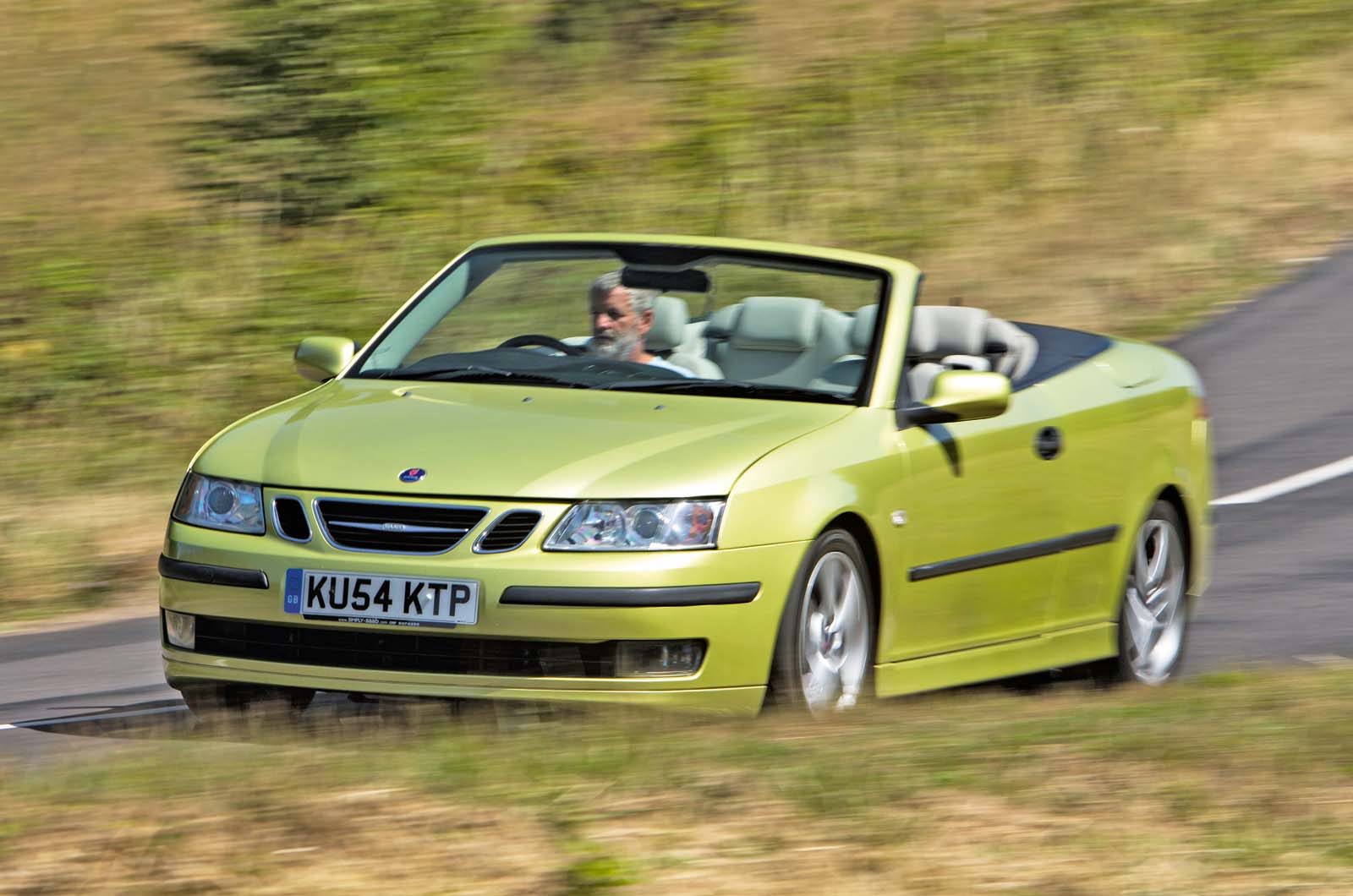DVSA promises 10,000 extra driving tests a month to cut wait
Wait list at more than half of Britain's test centres hits six months; national average rockets to five months The Driver and Vehicle Standards Agency will boost driving test capacity by 10,000 slots per month in a bid to cut the months-long wait faced by learners across Britain. According to DVSA figures, learners face a wait of more than half a year at 57% of Britain’s test centres. Moreover, the number of centres with an average waiting time of more than six months almost doubled between February 2024 and February 2025 to 183 sites. Meanwhile, the average waiting time for a practical test nationally increased from three and a half months to five months. It has now promised to double its capacity for training new driving examiners, and it will reintroduce overtime incentives for existing examiners. This should increase the rate at which tests are conducted. “I am instructing DVSA to take further action immediately to reduce waiting times which will see thousands of additional tests made available every month,” said transport secretary Heidi Alexander. Speaking to Autocar recently, AA Driving School spokesperson Lorna Lee attributed the large backlog of tests to the DVSA's failure to fulfil pent-up demand from the Covid-19 lockdowns of five years ago. “During all those lockdowns, driving tests are one of the things that were stop-start because of various restrictions at different points,” she said. “It’s understandable how [the backlog] built up because you ended up with people who had been hoping to take their tests and then they couldn’t, or they couldn’t have lessons. There was pent-up demand as we all came out of lockdown and things got back to normal, but that pent-up demand has never been satisfied.” The DVSA recently implemented changes to the terms and conditions of booking or cancelling a test to crack down on the practice of tests being resold for profit. The changes are intended to prevent driving instructors from booking tests for pupils they don’t teach and from booking tests that a learner has no apparent intention of using. The DVSA said this will prevent resale services from bulk-booking placeholder slots for to resell to (and rebook in the name of) other learners. But these measures are only addressing the symptoms of the backlog and not the root cause, according to Lee. “It is a capacity issue – supply and demand – and there has just not been enough supply of test slots to fulfil the demand,” she said. “If that was sorted out, then some of the peripheral issues that are talked about would be [resolved].” Lee noted that when the DVSA temporarily boosted test capacity by 150,000 slots between October 2023 and March 2024, “you could start to see average waiting times come down”. However, it “was not enough overall” to resolve the full backlog, and because it was not sustained, “it just cranked back up again and now it’s higher than ever”. The DVSA previously announced plans to hire an extra 450 examiners this year in a bid to bolster its efforts to reduce waiting times to an average of seven weeks by the end of this year. It currently employs 1600 examiners. Ricky Tang, an independent driving instructor in north-west London (pictured below), was offered a role as an examiner but told Autocar he declined it because it would have significantly reduced his wages, and because of difficult working conditions. Indeed, the AA Driving School expects 130 examiners to leave their jobs this year, resulting in an actual net gain of around 320. Tang added that the test backlog has brought significant ramifications for both him and his pupils. “Learners spend a lot of money now because they have to wait a long time,” he said. “For some who might need a test quickly – for example, for their jobs – they might have to wait six months, and that has an impact on their careers. I know some doctors who needed a driving licence to become a doctor and that unfortunately is affecting them as well, career-wise.” Lee added that as well as financial challenges, the waiting times put learners under pressure to pass on their first attempt. “They know they’re staring down the barrel of a lengthy wait if they do need to take another one,” she said. Tang called on the government to work more closely with instructors to resolve the issue and suggested an airline-style standby system could be the answer to long waiting times. “If one of those original candidates doesn’t turn up, you’re still taking one out [of the waiting list],” he said. “That would cut down the waiting list a lot.” "Booking a driving test is awful" Heman Leung moved to the UK from Hong Kong in 2020. Because of the urbanisation in Hong Kong, he arrived with no driving experience but, soon after arriving in London with his family, he realised he needed a car. “Booking a driving test is awful,” he told Autocar. “My booking was for half a year later.” He added that the stress from being unable to drive was “huge” because the long wait between each of his
The Driver and Vehicle Standards Agency will boost driving test capacity by 10,000 slots per month in a bid to cut the months-long wait faced by learners across Britain.
According to DVSA figures, learners face a wait of more than half a year at 57% of Britain’s test centres. Moreover, the number of centres with an average waiting time of more than six months almost doubled between February 2024 and February 2025 to 183 sites. Meanwhile, the average waiting time for a practical test nationally increased from three and a half months to five months.
It has now promised to double its capacity for training new driving examiners, and it will reintroduce overtime incentives for existing examiners. This should increase the rate at which tests are conducted.
“I am instructing DVSA to take further action immediately to reduce waiting times which will see thousands of additional tests made available every month,” said transport secretary Heidi Alexander.
Speaking to Autocar recently, AA Driving School spokesperson Lorna Lee attributed the large backlog of tests to the DVSA's failure to fulfil pent-up demand from the Covid-19 lockdowns of five years ago.
“During all those lockdowns, driving tests are one of the things that were stop-start because of various restrictions at different points,” she said. “It’s understandable how [the backlog] built up because you ended up with people who had been hoping to take their tests and then they couldn’t, or they couldn’t have lessons. There was pent-up demand as we all came out of lockdown and things got back to normal, but that pent-up demand has never been satisfied.”
The DVSA recently implemented changes to the terms and conditions of booking or cancelling a test to crack down on the practice of tests being resold for profit.
The changes are intended to prevent driving instructors from booking tests for pupils they don’t teach and from booking tests that a learner has no apparent intention of using.
The DVSA said this will prevent resale services from bulk-booking placeholder slots for to resell to (and rebook in the name of) other learners.
But these measures are only addressing the symptoms of the backlog and not the root cause, according to Lee. “It is a capacity issue – supply and demand – and there has just not been enough supply of test slots to fulfil the demand,” she said. “If that was sorted out, then some of the peripheral issues that are talked about would be [resolved].”
Lee noted that when the DVSA temporarily boosted test capacity by 150,000 slots between October 2023 and March 2024, “you could start to see average waiting times come down”. However, it “was not enough overall” to resolve the full backlog, and because it was not sustained, “it just cranked back up again and now it’s higher than ever”.
The DVSA previously announced plans to hire an extra 450 examiners this year in a bid to bolster its efforts to reduce waiting times to an average of seven weeks by the end of this year. It currently employs 1600 examiners.
Ricky Tang, an independent driving instructor in north-west London (pictured below), was offered a role as an examiner but told Autocar he declined it because it would have significantly reduced his wages, and because of difficult working conditions.

Indeed, the AA Driving School expects 130 examiners to leave their jobs this year, resulting in an actual net gain of around 320.
Tang added that the test backlog has brought significant ramifications for both him and his pupils. “Learners spend a lot of money now because they have to wait a long time,” he said. “For some who might need a test quickly – for example, for their jobs – they might have to wait six months, and that has an impact on their careers. I know some doctors who needed a driving licence to become a doctor and that unfortunately is affecting them as well, career-wise.”
Lee added that as well as financial challenges, the waiting times put learners under pressure to pass on their first attempt. “They know they’re staring down the barrel of a lengthy wait if they do need to take another one,” she said.
Tang called on the government to work more closely with instructors to resolve the issue and suggested an airline-style standby system could be the answer to long waiting times. “If one of those original candidates doesn’t turn up, you’re still taking one out [of the waiting list],” he said. “That would cut down the waiting list a lot.”
"Booking a driving test is awful"

Heman Leung moved to the UK from Hong Kong in 2020. Because of the urbanisation in Hong Kong, he arrived with no driving experience but, soon after arriving in London with his family, he realised he needed a car.
“Booking a driving test is awful,” he told Autocar. “My booking was for half a year later.” He added that the stress from being unable to drive was “huge” because the long wait between each of his driving test failures left him plenty of time to “catastrophise”.
“There were a lot of issues that made me feel like I couldn’t take care [of my family]. I blamed myself a lot.”
Two years later, Leung passed his driving test on his fourth attempt. “It changed everything,” he said. He moved his two children to better schools farther from home and said driving makes him feel like a part of the wider community.
“I treasure my driving licence very, very much. I’ve even framed my L plates at home.”
How bots are hoovering up test slots
Search for a driving test online and you’ll find any number of services selling slots practically on demand at £200- £300, as opposed to the £62 that the DVSA charges. Many such services are fed test slots by automated programmes – ‘bots’ – which use driving instructors’ IDs to bulk-book tests quicker than humanly possible. This prevents real learners from booking a test through the DVSA when it releases slots at 6am every Monday.
The DVSA has taken action against the practice, having recently revised the terms and conditions for booking a test. It has also closed 800 business accounts for abuses.
But it remains an issue, as Tang told Autocar: “I’m still getting third-party apps telling me there are dates in May and June. If it was working, that would be shut down.”













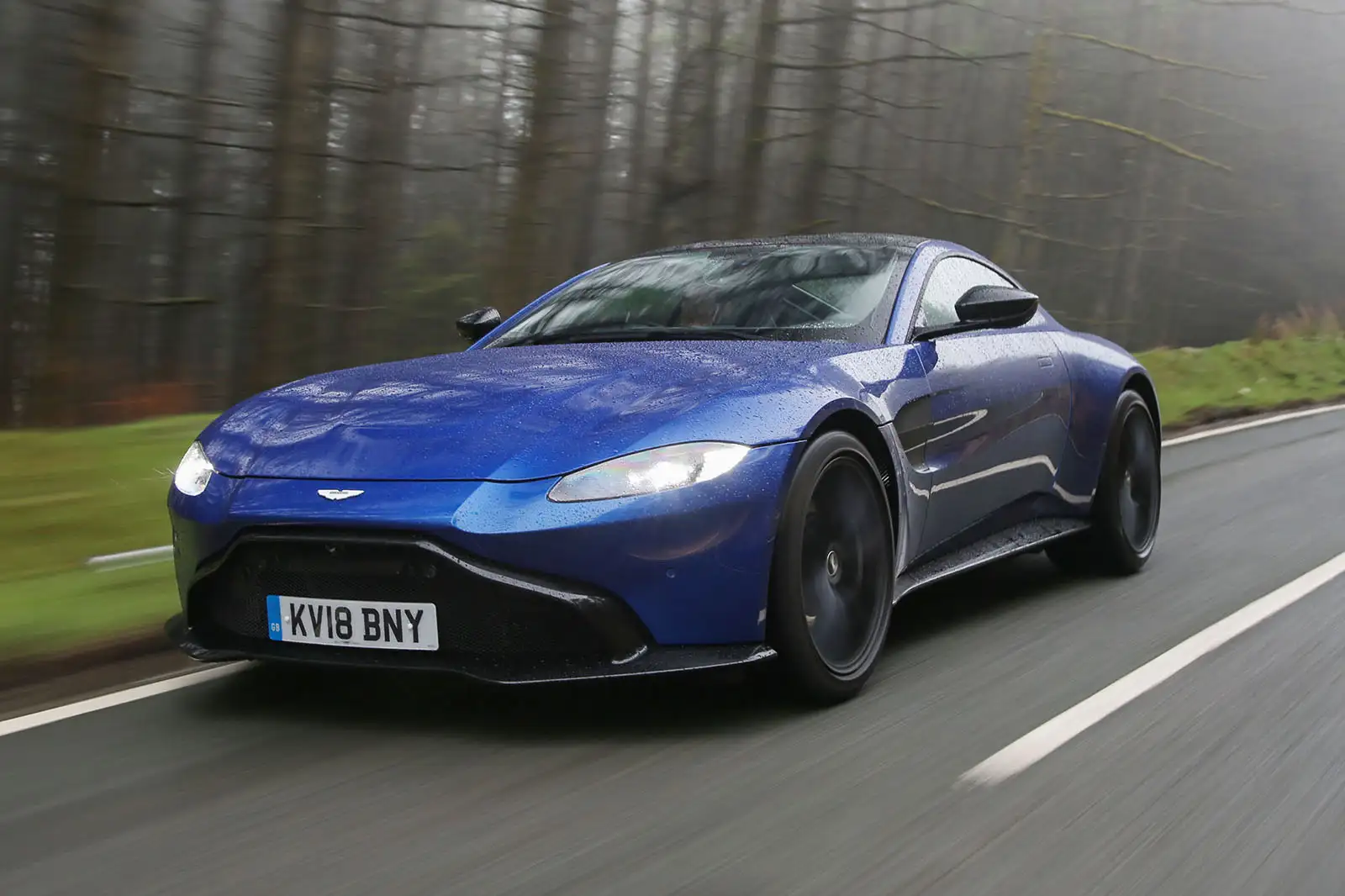








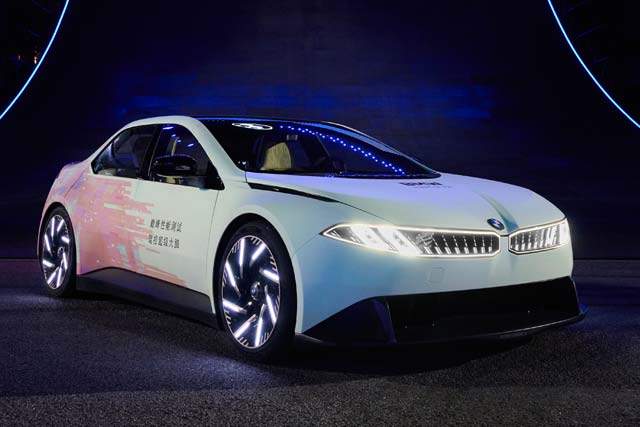

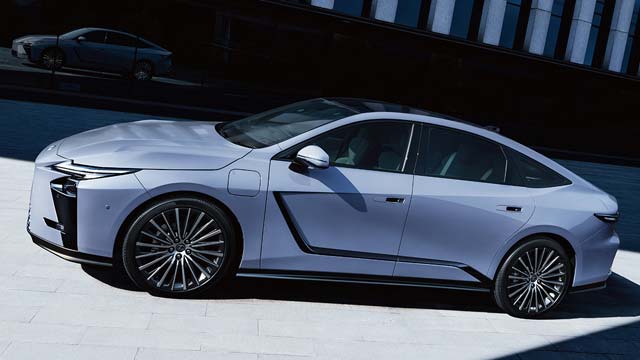
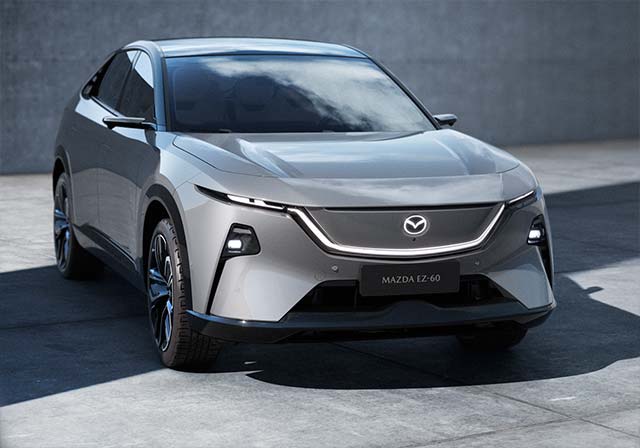
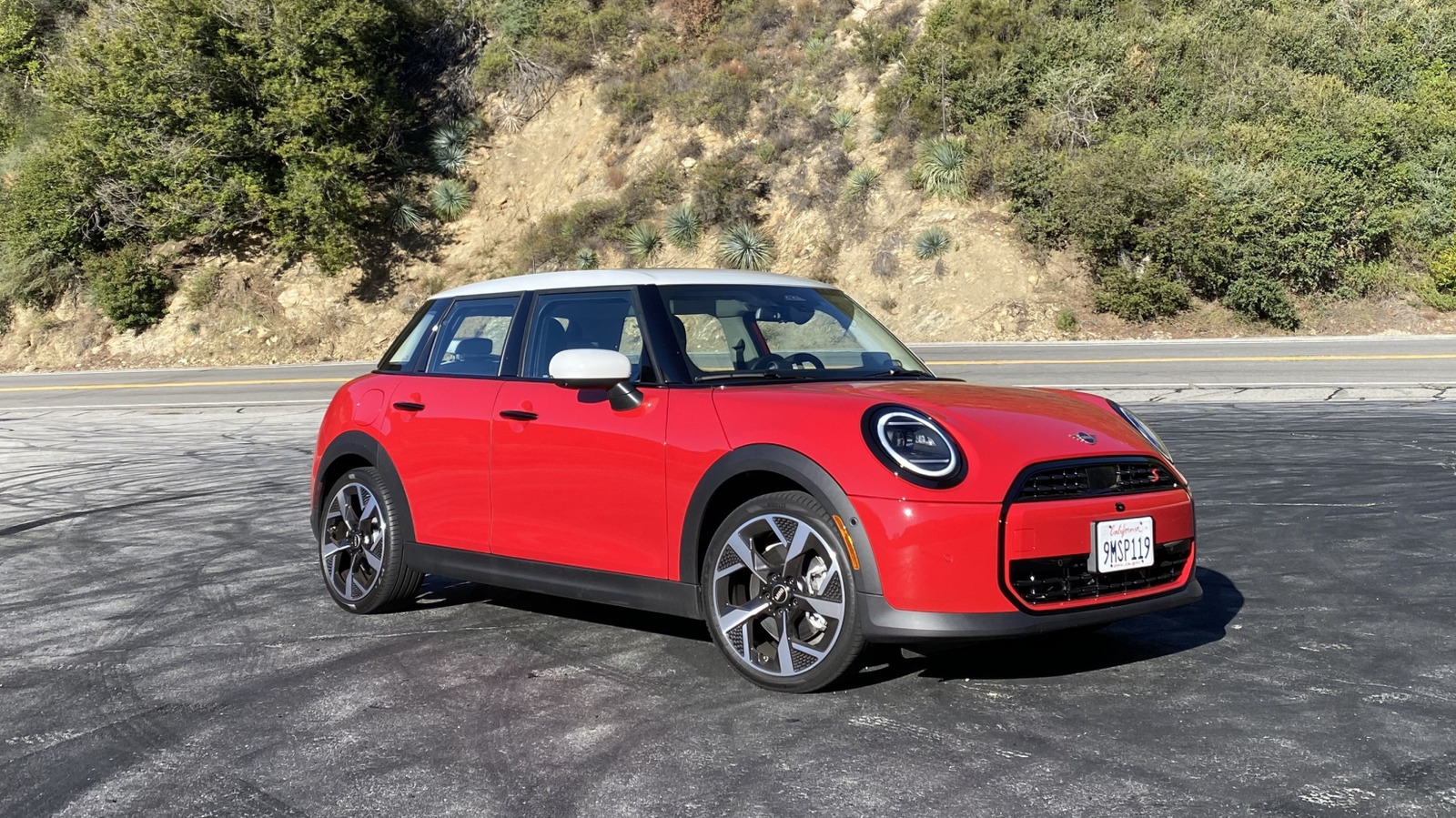
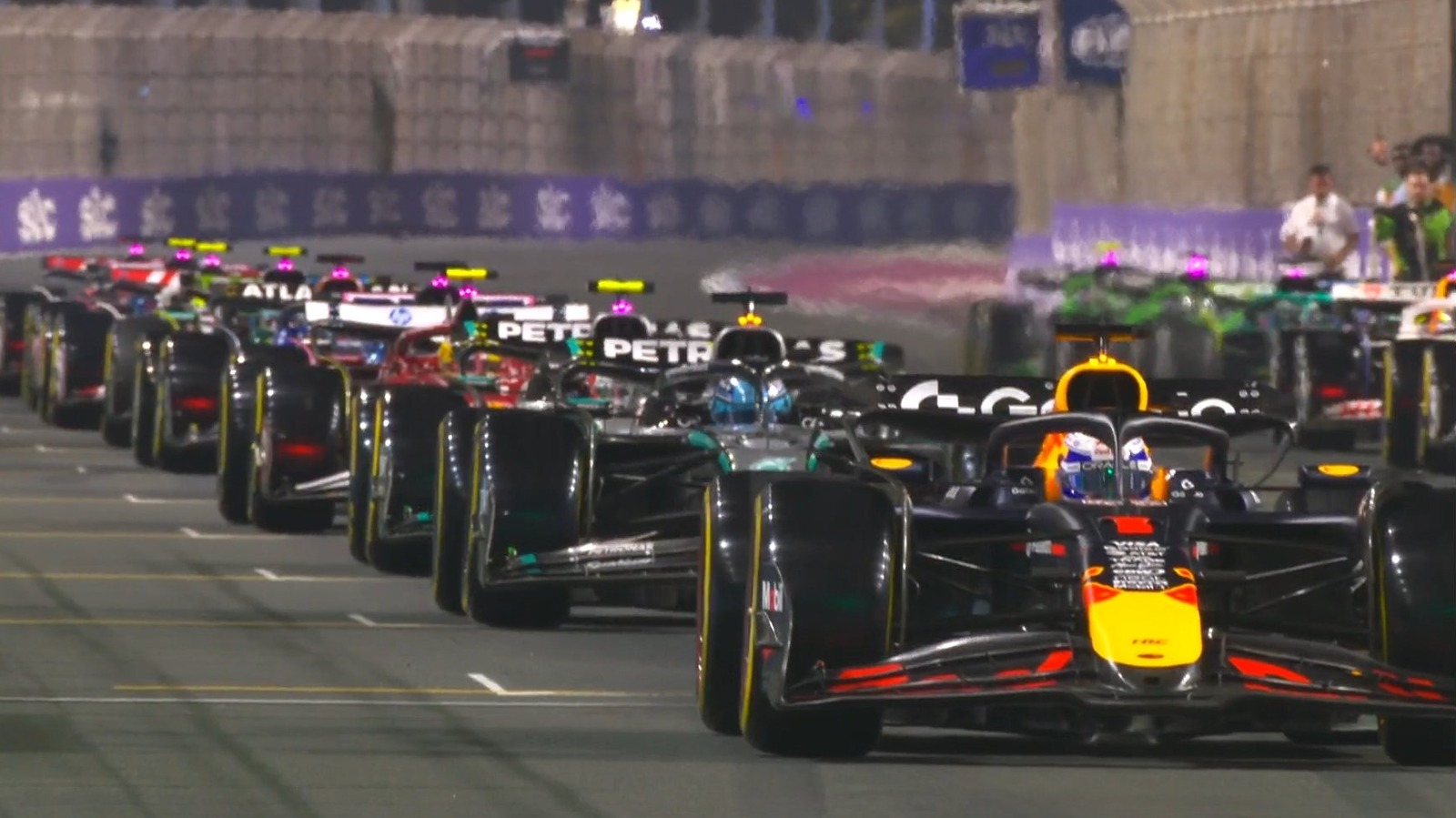
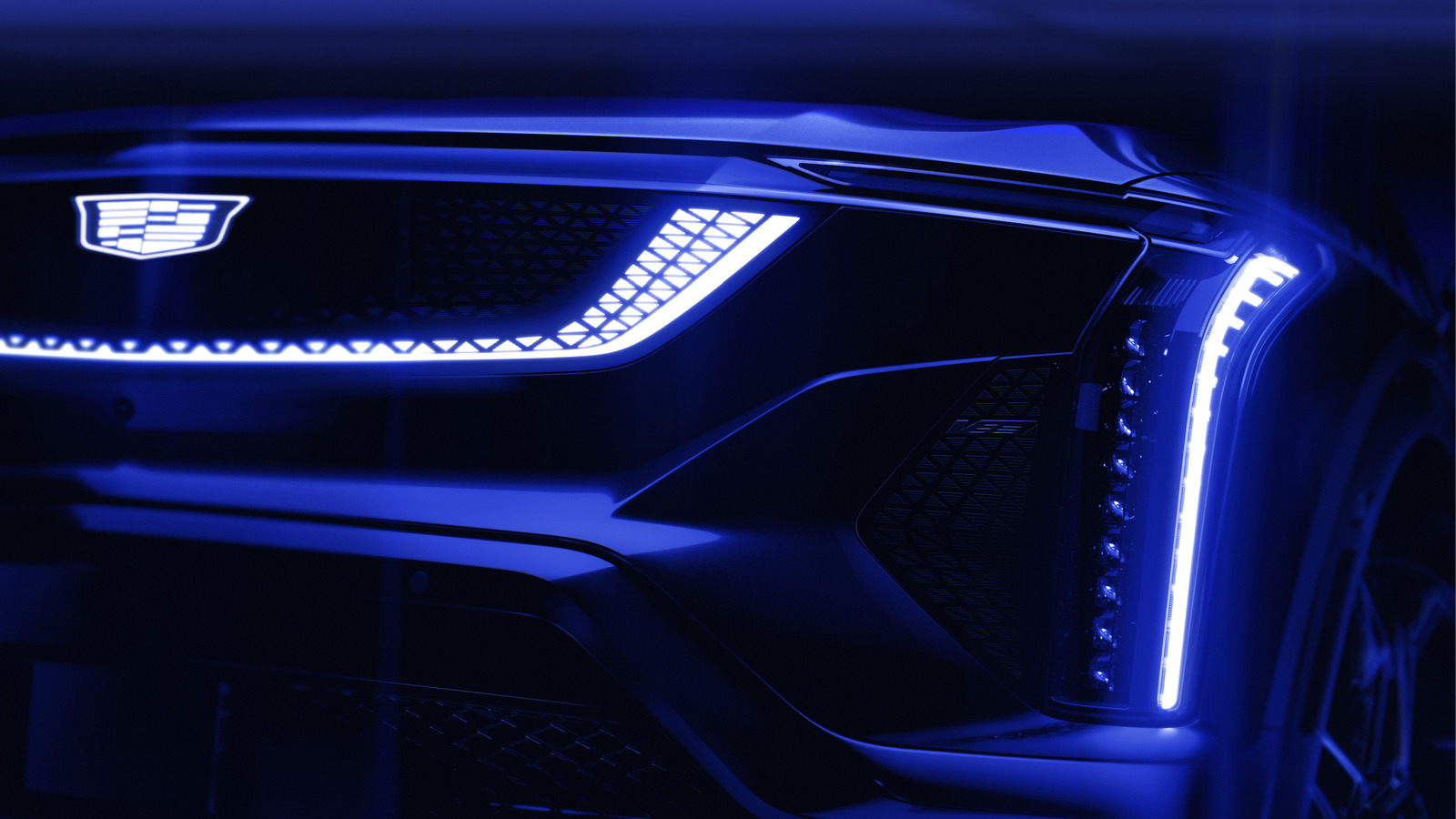
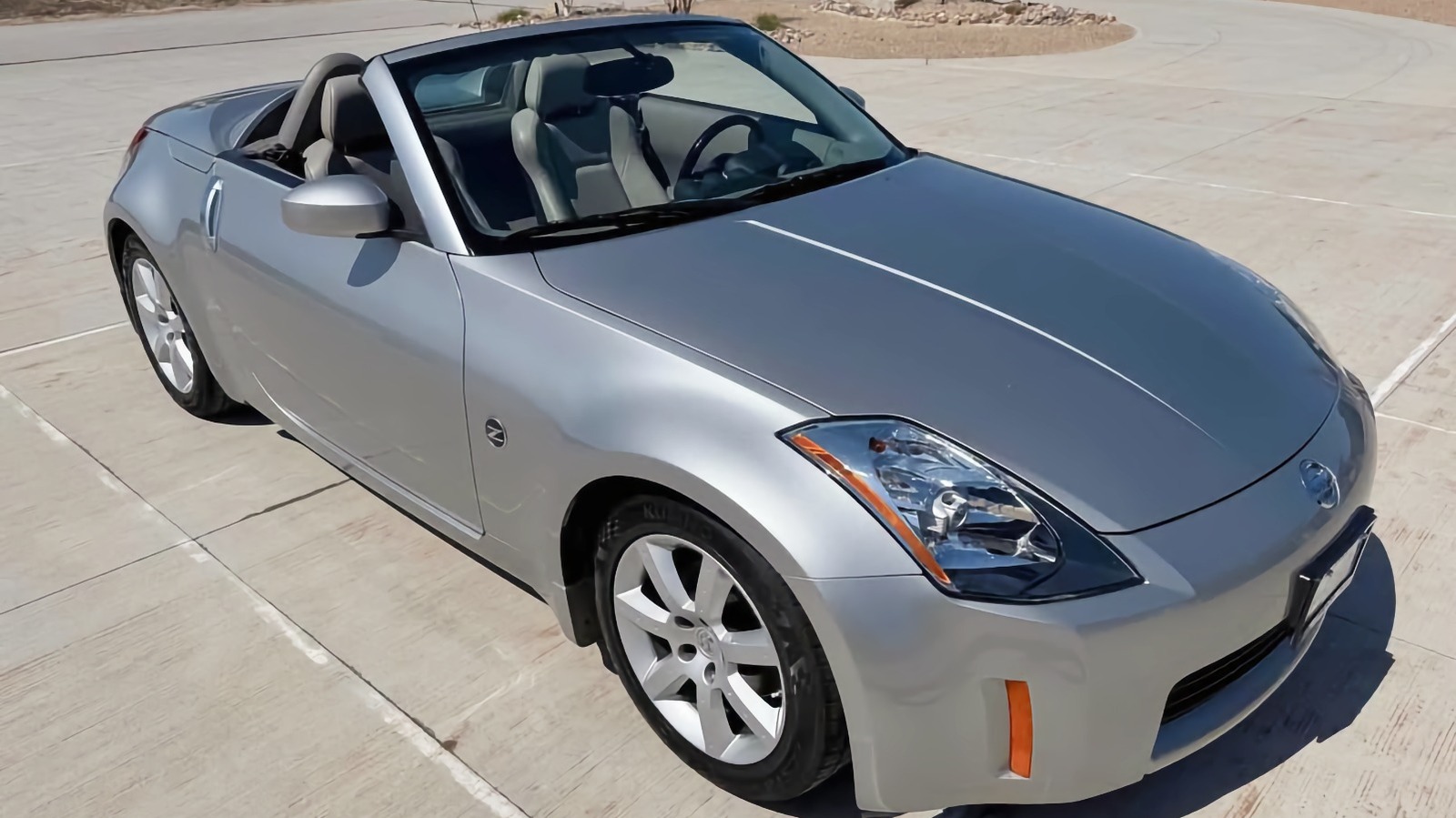

































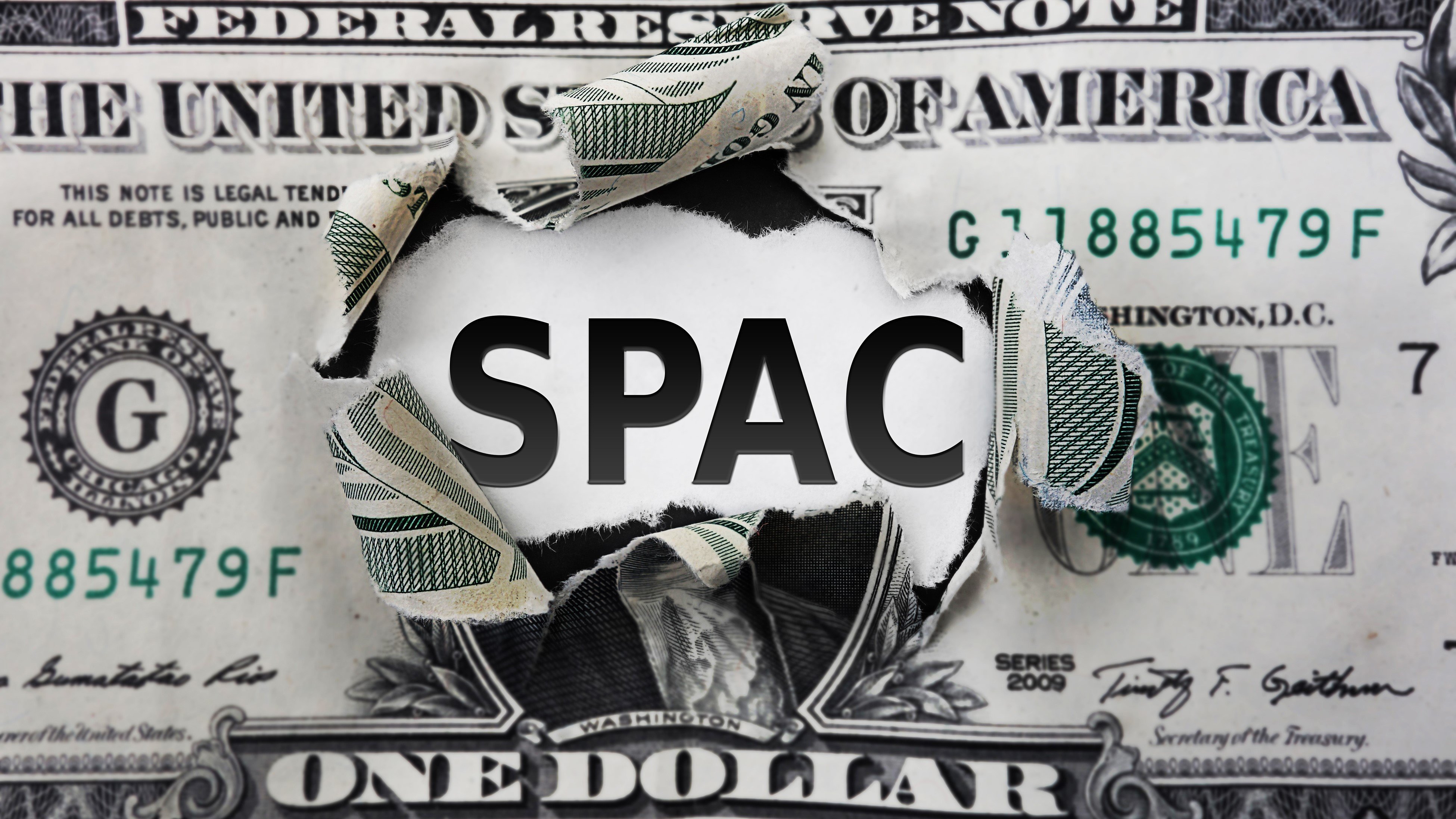




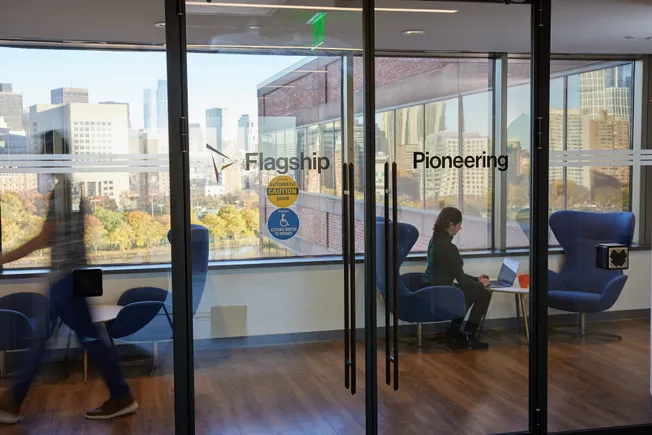









































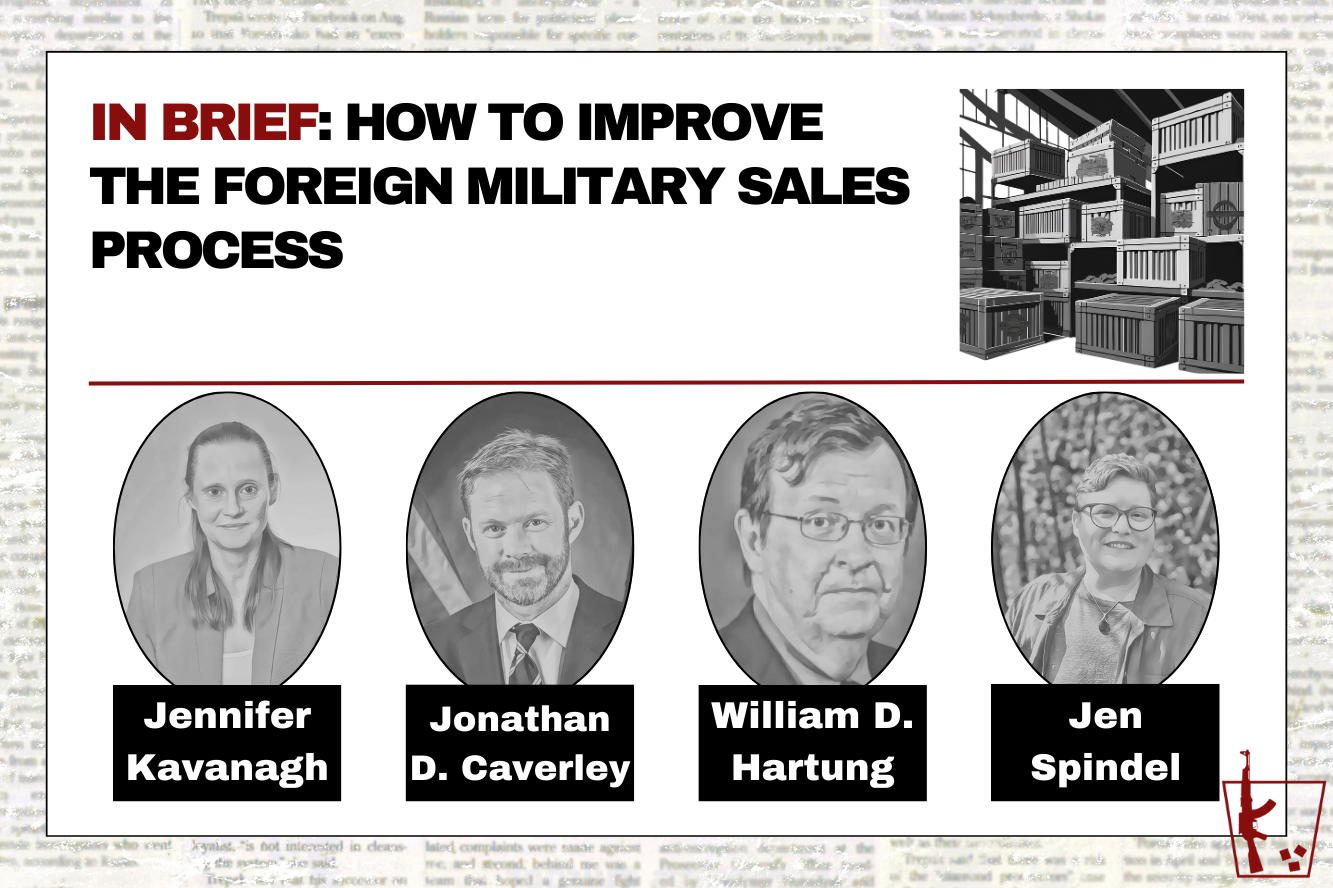

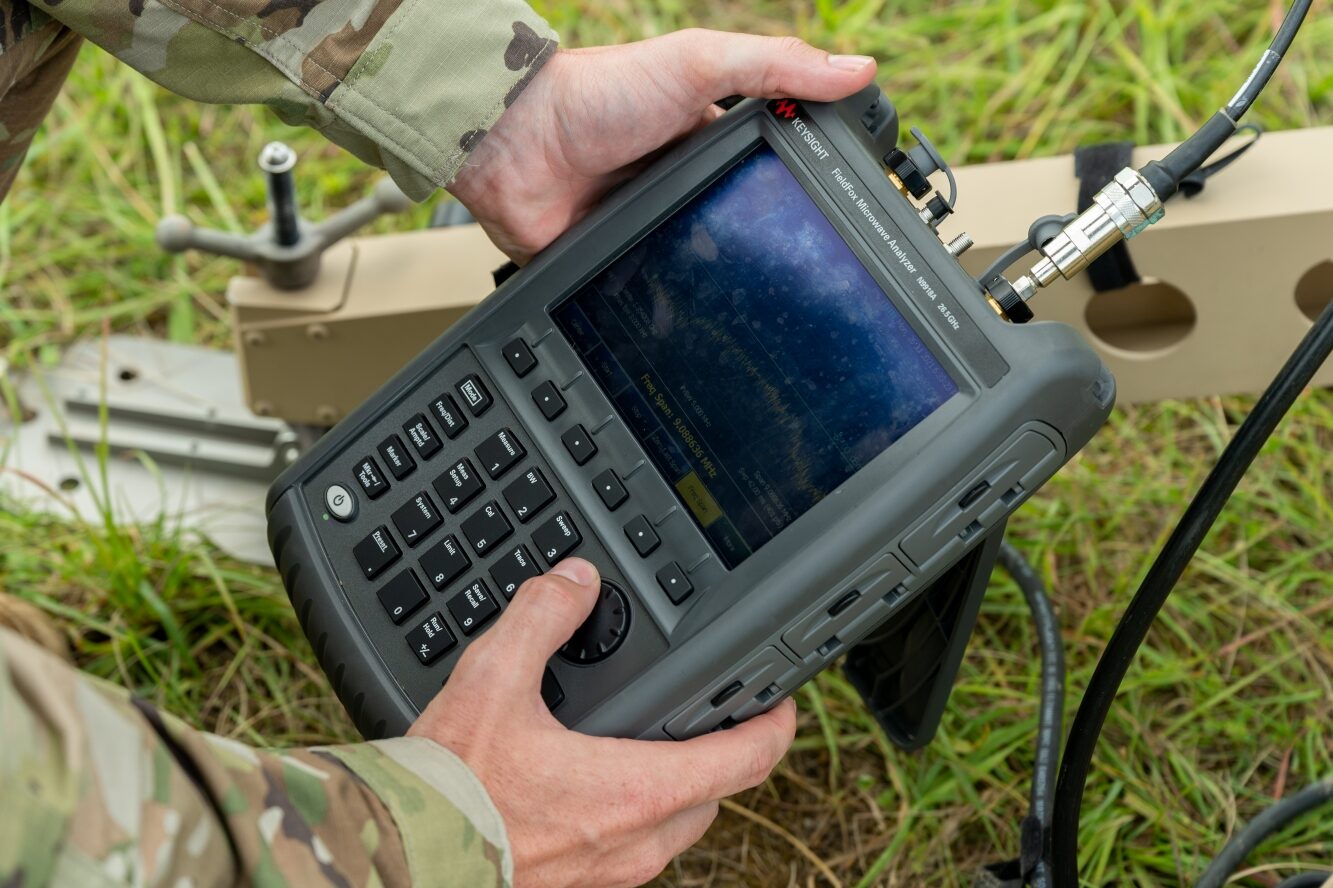
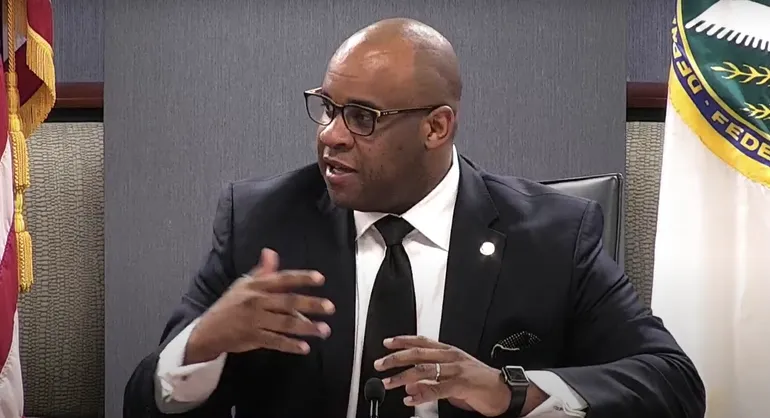




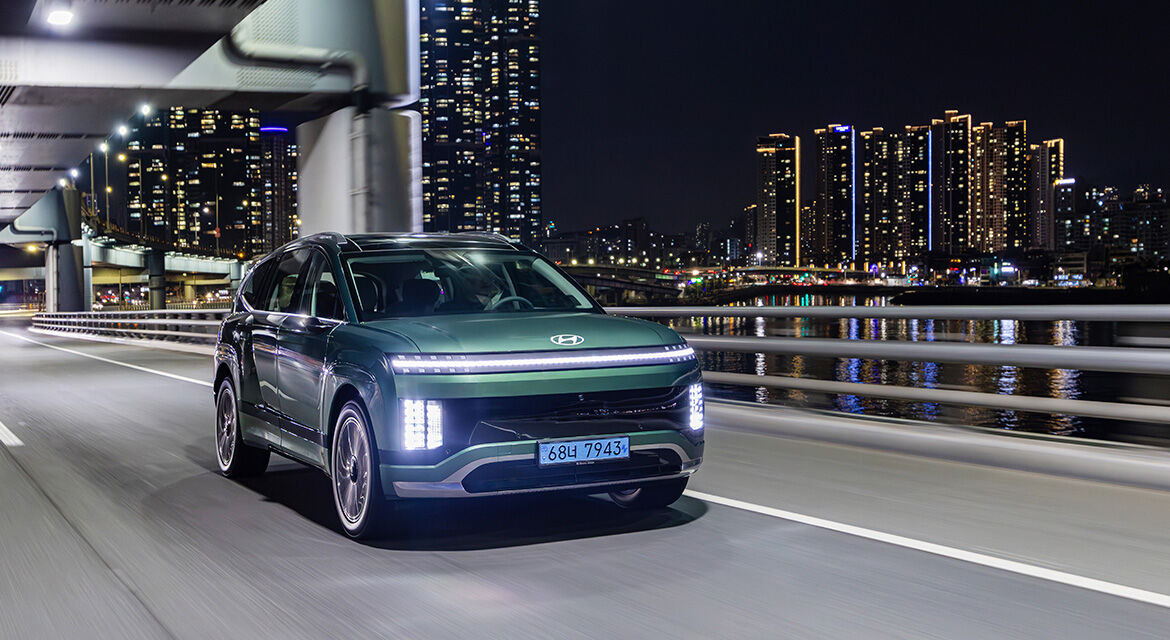
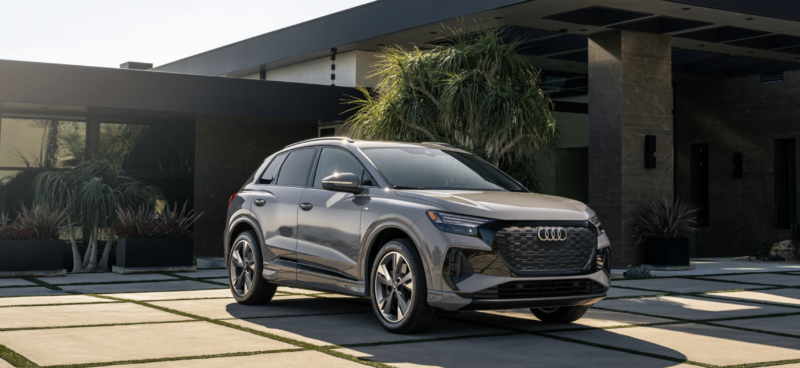






























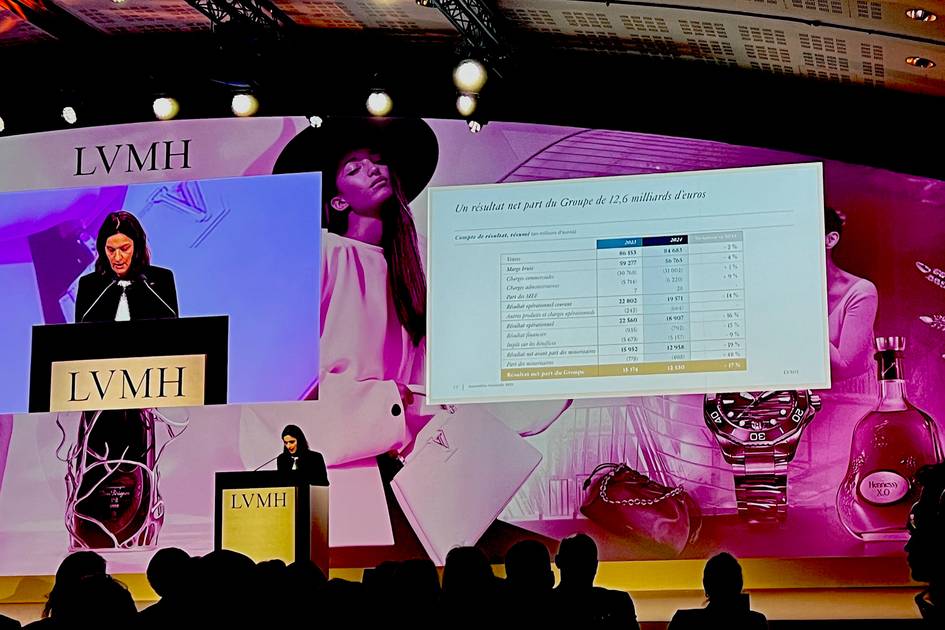
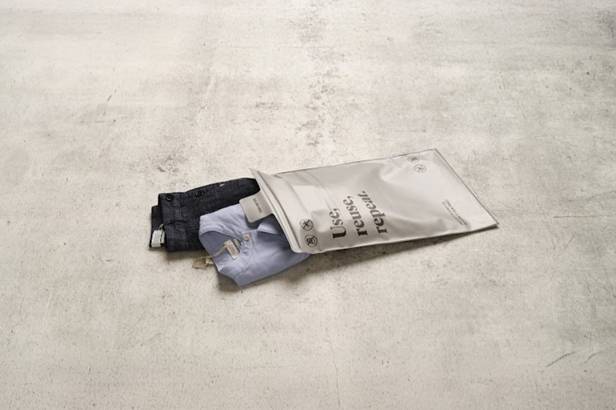










.jpg)



